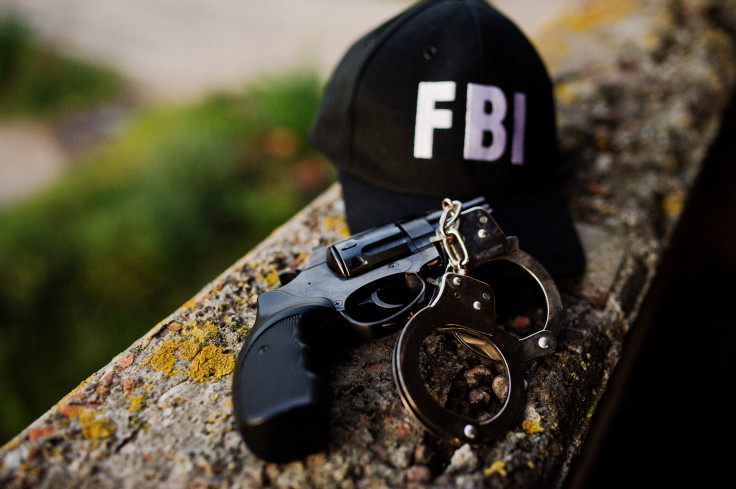FBI Agents Fired After Kneeling at George Floyd Protest, Sparking Debate Over Respect and Loyalty
FBI leadership cites 'lack of judgement' for kneeling during 2020 protest

More than a dozen FBI agents were dismissed on Friday, among them individuals photographed kneeling at a racial justice demonstration in Washington, D.C., in June 2020 following the killing of George Floyd.
The firings, confirmed by the FBI Agents Association and cited in several news reports, have reignited controversy over the bureau's stance on political neutrality, loyalty and the limits of personal expression for federal law enforcement officers.
The George Floyd Protests
The protests followed the killing of George Floyd in Minneapolis in May 2020, an event that sparked global demonstrations against police brutality and racial injustice. In Washington, D.C., large crowds gathered near federal buildings, with tensions high between demonstrators and law enforcement.
Kneeling quickly became a symbolic gesture during these protests, used by activists, public officials and police officers to show solidarity. Some FBI agents joined in by kneeling with demonstrators. Supporters viewed the act as a de-escalation tactic and an expression of empathy, while critics said it risked compromising the bureau's impartiality.
The Firings and Timeline
Initial internal reviews in 2020 found that the agents' actions did not breach FBI policy, and no disciplinary action was taken at that time. However, under new leadership in 2025, the bureau revisited the incident. Sources told the Associated Press that nearly 20 agents were reassigned earlier this year before being formally terminated in September.
The firings were described internally as a response to a 'lack of judgement' in kneeling during an ongoing protest. The FBI has maintained its standard position of not commenting on personnel decisions, leaving many details unconfirmed. The move, however, marks a reversal from earlier decisions not to discipline the agents.
Responses and Fallout
The FBI Agents Association (FBIAA) strongly condemned the dismissals, calling them 'unlawful'. The association argued that the firings violated due process and constitutional protections afforded to federal employees. It also urged Congress to launch an investigation into what it described as an overreach by current leadership.
Several of the terminated agents are military veterans, which adds a layer of complexity to the legal challenges now being filed. Lawsuits have already been initiated, with plaintiffs claiming that the dismissals were retaliatory and 'likely illegal'.
Reports indicate that morale within the FBI has been shaken by the firings. Some agents have resigned, while others expressed concerns that institutional knowledge and experience are being lost.
Civil rights advocates have also criticised the decision, arguing that the kneeling was an effort to calm tensions during a volatile moment rather than a political statement.
Wider Implications
The terminations raise broader questions about the balance between neutrality and expression within federal law enforcement. For some, the kneeling was a human response to unprecedented protests. For others, it was an inappropriate act that undermined the bureau's image of impartiality.
Observers note that the decision could have consequences for FBI recruitment and retention. Potential candidates may be discouraged if gestures seen as respectful can later be grounds for dismissal. There are also fears that agents may hesitate to use de-escalation tactics in future protests for fear of repercussions.
Congress is now expected to examine the firings, particularly following calls from the FBIAA. The lawsuits brought by dismissed agents are likely to test the limits of constitutional protections and could set a precedent for how law enforcement agencies handle symbolic gestures in highly charged situations.
© Copyright IBTimes 2025. All rights reserved.




















